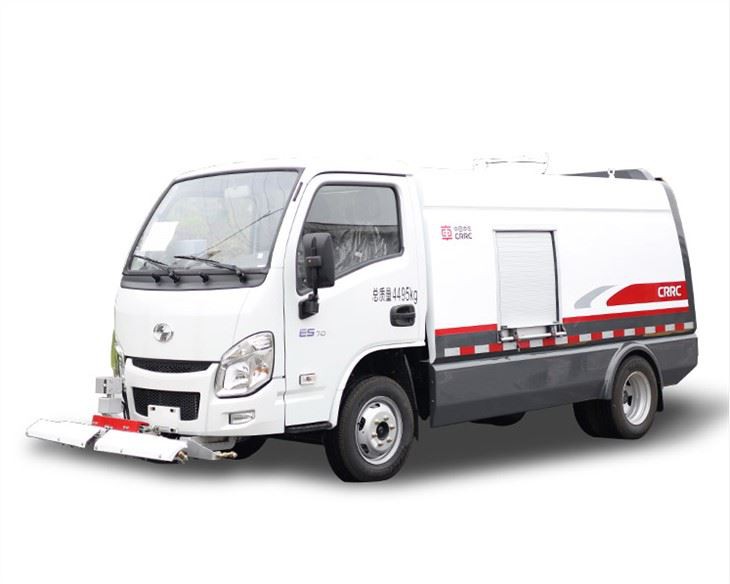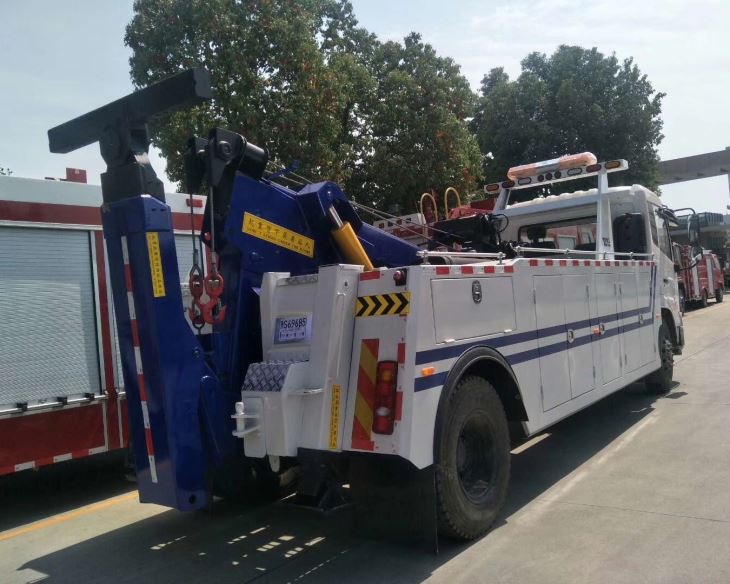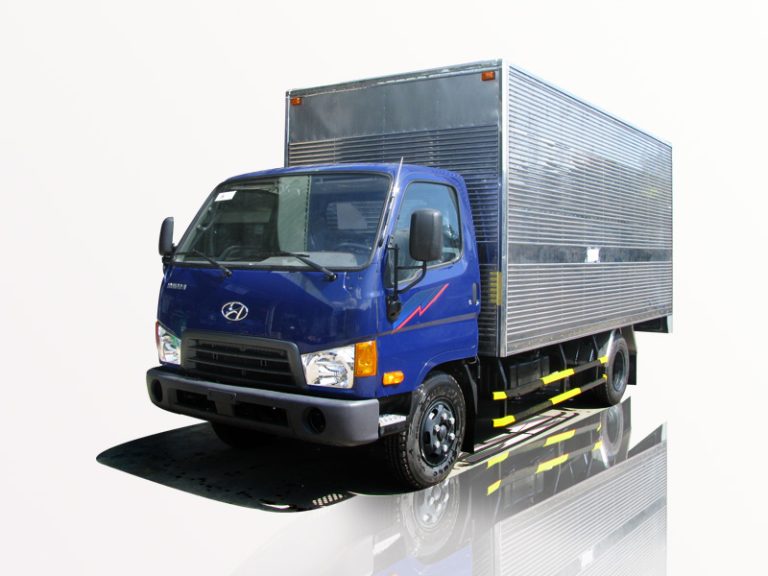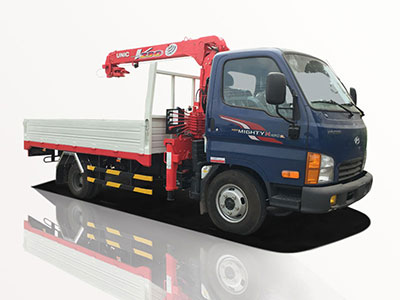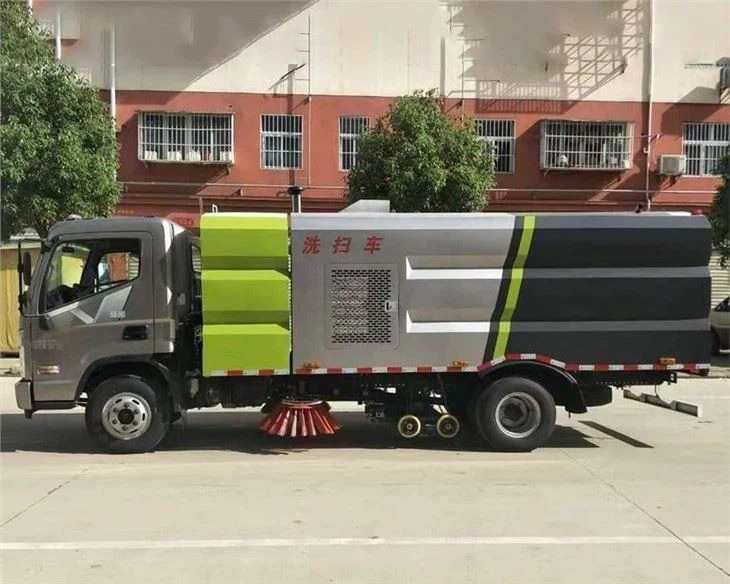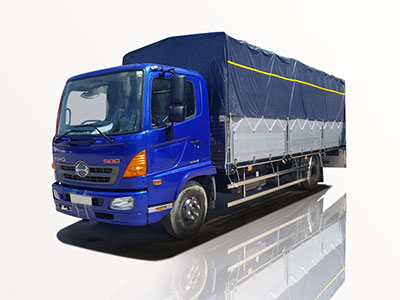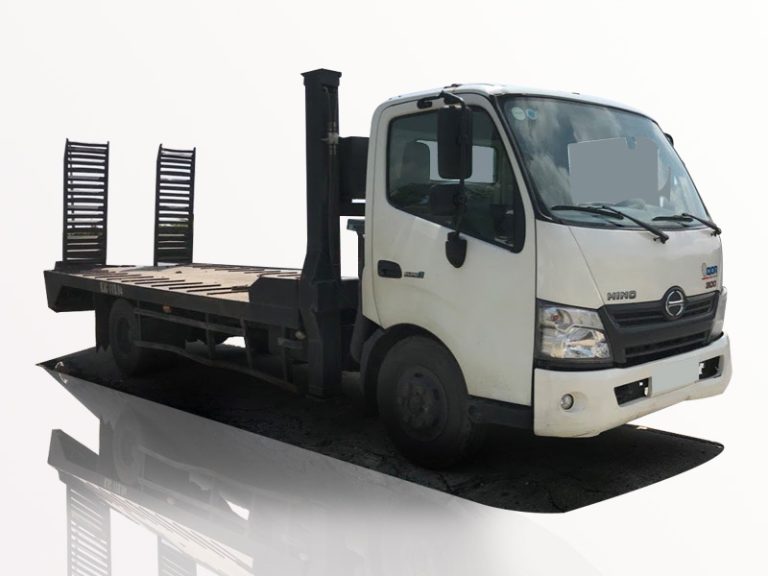In the realm of transportation and logistics, dry bulk trucks play a crucial role in the movement of various bulk materials. Whether it’s gravel, sand, or agricultural products, these trucks are designed to facilitate efficient transport without compromising the integrity of the cargo. This article delves into the world of dry bulk trucks, exploring their types, specifications, operational considerations, and much more.
What Are Dry Bulk Trucks?
Dry bulk trucks are specialized vehicles designed to transport dry bulk materials. These materials can range from industrial products like plastics to agricultural commodities such as grains and seeds. The trucks typically feature a trailer with a large, open top designed for easy loading and unloading.
Types of Dry Bulk Trucks
Different types of dry bulk trucks cater to a variety of industries and materials:
- Pneumatic Tank Trucks: Ideal for lightweight cargo, these trucks use air pressure to discharge materials.
- Gravity Dump Trucks: These trucks utilize gravity to unload bulk materials quickly. They are most commonly used for heavy products like gravel or sand.
- Walking Floor Trailers: Designed for materials that need gentle handling, these trailers employ a moving floor system to move cargo out without tipping.
- End Dump Trailers: These are equipped with a hydraulic lift that allows the trailer bed to tilt, making unloading efficient.
Popular Uses of Dry Bulk Trucks
Dry bulk trucks are versatile and commonly used in various sectors:
- Agriculture: Transporting grains, fertilizers, and other agricultural products.
- Construction: Carrying sand, gravel, and other materials needed for building projects.
- Mining: Hauling mined products such as ores and minerals.
- Food Industry: Delivering bulk food ingredients like sugar and flour.
Specifications of Dry Bulk Trucks
When selecting a dry bulk truck, it’s essential to consider various specifications. These factors can significantly impact the truck’s performance and suitability for specific materials.
Key Specifications to Consider
| Specification | Description |
|---|---|
| Payload Capacity | The maximum weight the truck can carry without exceeding legal limits. |
| Material Type | The type of materials the truck is designed to transport (e.g., grains, sand). |
| Dimensions | The size of the truck and trailer, which affects maneuverability and load capacity. |
| Unloading Method | How the truck unloads its cargo (e.g., pneumatic, gravity, etc.). |
| Durability | Materials used in the truck’s construction determine longevity and maintenance needs. |
Understanding Payload Capacity
One of the most critical specifications of dry bulk trucks is the payload capacity. This varies based on the truck’s design and the materials being transported. It’s crucial for operators to adhere to legal weight limits to avoid fines and ensure safety on the roads.
Operational Considerations
Operating a dry bulk truck involves understanding various logistical and regulatory aspects. Here are some considerations for operators and fleet managers:
Regulations and Licensing
Operators of dry bulk trucks must comply with local, state, and federal regulations. This includes obtaining the necessary licenses and adhering to weight restrictions, safety regulations, and emission standards. Regular inspections and maintenance are also required to ensure vehicle safety and compliance.
Loading and Unloading Procedures
Efficient loading and unloading procedures can enhance operational efficiency. Here are a few practices:
- Pre-loading Checks: Ensure that the truck is clean and free from contaminants before loading.
- Proper Equipment Usage: Use appropriate equipment like loaders and conveyors for loading to minimize spillage.
- Safe Unloading: Depending on the unloading method, follow best practices to ensure safety and efficiency.
Cost Considerations
Investing in dry bulk trucks involves several costs beyond the initial purchase price. Understanding total cost ownership is vital for fleet operators.
Initial Acquisition Costs
The purchase price of a dry bulk truck can vary widely based on the model, specifications, and features. For instance, new pneumatic tankers are often more expensive than gravity dump trucks due to their specialized design and technology.
Maintenance and Operational Costs
Routine maintenance is essential to keep dry bulk trucks operational. Consider the following ongoing costs:
- Regular maintenance services (oil changes, tire rotations).
- Repairs (due to wear and tear, accidents, etc.).
- Fuel costs, which can fluctuate based on market prices.
- Insurance costs, which can vary depending on the type of cargo transported.
Case Studies: Successful Applications of Dry Bulk Trucks
Exploring real-world applications can provide valuable insights into how dry bulk trucks enhance efficiency and productivity in different sectors.
Agricultural Sector Case Study
An agricultural transport company utilized a fleet of walking floor trailers to transport grains from farms to processing plants. The gentle unloading method minimized product loss and allowed for quick turnaround times, increasing overall productivity by 20%.
Construction Industry Case Study
A construction firm faced delays due to inefficient material transport. By switching to gravity dump trucks, they reduced unloading times during site operations, leading to cost savings and faster project completion.
Choosing the Right Dry Bulk Truck for Your Needs
Selecting the right dry bulk truck depends on several factors specific to your operations. Here are some tips:
- Assess Your Cargo Needs: Determine the type and weight of materials you regularly transport.
- Evaluate Your Budget: Consider initial costs, maintenance, and operational spending.
- Research Different Models: Look into the various types of dry bulk trucks available and their suitability for your material movement requirements.
- Consult Experts: Seek guidance from industry experts or truck dealerships to understand the best options for your specific needs.
Future Trends in Dry Bulk Trucking
The transportation industry continues to evolve, and dry bulk trucking is no exception. Here are some anticipated trends:
Technological Advancements
Advancements in technology, such as telematics and load monitoring systems, are likely to enhance the efficiency and safety of dry bulk trucks. These technologies can help operators monitor vehicle performance and optimize routes for fuel efficiency.
Sustainability Initiatives
The push towards sustainability will likely influence the design and operation of dry bulk trucks. Electric and hybrid models may become more prevalent, offering a reduced carbon footprint and lower operational costs.
FAQ Section
What materials can dry bulk trucks transport?
Dry bulk trucks can transport a variety of materials, including agricultural products (grains, fertilizers), construction materials (sand, gravel), and industrial products (plastics, powders).
How do I choose the right dry bulk truck for my business?
Consider factors such as payload capacity, type of materials, budget, and operational needs. Consulting with experts can also provide valuable insights.
What are the common maintenance practices for dry bulk trucks?
Routine checks should include oil changes, tire maintenance, brake inspections, and ensuring that unloading systems function properly.
Are there any safety regulations specific to dry bulk trucking?
Yes, operators must comply with regulations that vary by region, including weight limits, safety inspections, and cargo handling standards.
What are the advantages of using pneumatic tank trucks?
Pneumatic tank trucks offer efficient loading and unloading capabilities for lightweight materials and reduce the risk of contamination during transport.
How can technology improve the efficiency of dry bulk trucking?
Technological advancements such as telematics can help track vehicle performance, optimize routes, and monitor cargo weight in real-time to enhance operational efficiencies.
